Turkey will begin to install Russian S-400 missile systems in October: Defense minister
Turkish Defense Minister Hulusi Akar says the country will start installment of the advanced Russian-built S-400 air defense missile systems later this year, regardless of strong opposition from the United States to the plan and warnings that Ankara should not buy the platform.
Speaking in an exclusive interview with the official Anadolu news agency on Friday, Akar said the systems would begin to be installed in October, adding that personnel from the Turkish Air Force are studying where to deploy the missiles.
Akar said Turkey’s purchase of the S-400 is “not a choice but a necessity.”

On Thursday, Turkish Vice President Fuat Oktay said the purchase decision was only based on Turkey's own interests, stressing that Ankara will not give up the deal in the face of Washington’s opposition.
“Turkey does what is necessary for its own interests regarding the S-400 missile defense system, it takes own decision and choice,” Oktay told Anadolu, adding that Ankara will not renege on its agreement with Russia.
“In any case [about purchasing of S-400 defense system from Russia], we would do what it requires, especially if we signed a deal,” the Turkish official emphasized.
On Wednesday, President Recep Tayyip Erdogan said Turkey would never go back from the deal, adding that Ankara may subsequently look into buying S-500 systems.
In an interview with Turkish-language 24 television news network, Erdogan said the United States should not try to discipline Turkey through trade measures, adding that Ankara had its own penalties prepared.
Robert Palladino, deputy spokesman for the US State Department, warned on March 5 that “acquisition of the S-400 will result in a reassessment of Turkey's participation in the F-35 (fighter jet) program, and risk other potential future arms transfers to Turkey.”
The comments came on the same day that the head of the US European Command, General Curtis Scaparrotti, told members of the Senate Committee on Armed Services that the United States should not follow through with a multi-billion dollar weapons sale of F-35 jets to Turkey, if Ankara takes delivery of the S-400.
Moscow and Ankara finalized an agreement on the delivery of the S-400 in December 2017.
Back in April 2018, Erdogan and Russian President Vladimir Putin said in Ankara that they had agreed to expedite the delivery of the S-400. At the time, it was said that the delivery could be made between late 2019 and early 2020.
A number of NATO member states have criticized Turkey for its planned purchase of the S-400 from Russia, stating that the missile batteries are not compatible with those of the military alliance.
They also argue that the purchase could jeopardize Ankara's acquisition of F-35 fighter jets and possibly result in US sanctions.
The S-400 is an advanced Russian missile system designed to detect, track, and destroy planes, drones, or missiles as far as 402 kilometers away. It has previously been sold only to China and India.
Ankara is striving to boost its air defense, particularly after Washington decided in 2015 to withdraw its Patriot surface-to-air missile system from Turkish border with Syria, a move that weakened Turkey’s air defense.
Before gravitating towards Russia, the Turkish military reportedly walked out of a $3.4-billion contract for a similar Chinese system. The withdrawal took place under purported pressure from Washington.
Ankara’s ties with its Western allies in NATO have been strained over a range of issues.
Erdogan has been critical of Washington for supporting Kurdish groups in Syria that he says are responsible for terror attacks inside Turkey.
The Turkish leader has also slammed US officials for rejecting his requests to hand over Fethullah Gulen, a powerful opposition figure living in the United States, whom Ankara accuses of having masterminded a coup attempt in July 2016, among other issues.
Hamas thanks Iran, Resistance Front following achievement of ceasefire in Gaza
'Capitulation': Israeli officials and media concede Gaza defeat as truce unfolds
'Gaza has won': Social media users react to ceasefire with mix of relief, joy
Iran seeks South Korea’s assistance for AI, fiber-optic projects
VIDEO | Iran's 'Eqtedar' (Power) maneuver
Israel hits HTS military target in Syria for 1st time since fall of Assad
VIDEO | Press TV's news headlines
Israel has slaughtered 13,000 students in Gaza, West Bank


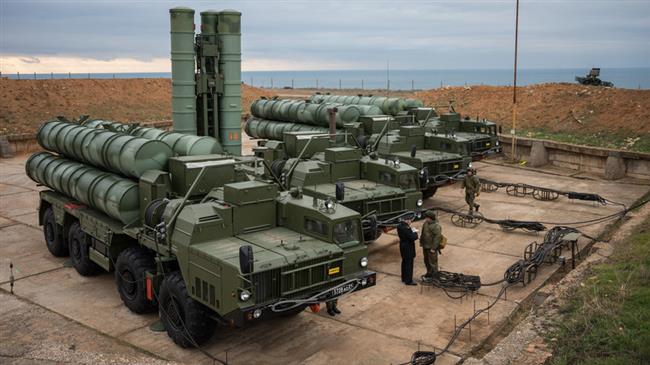






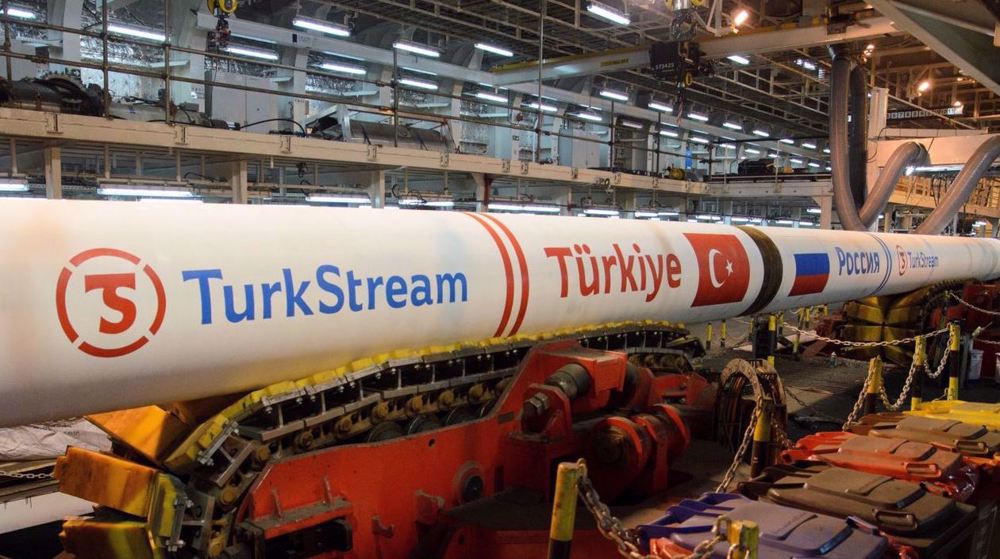
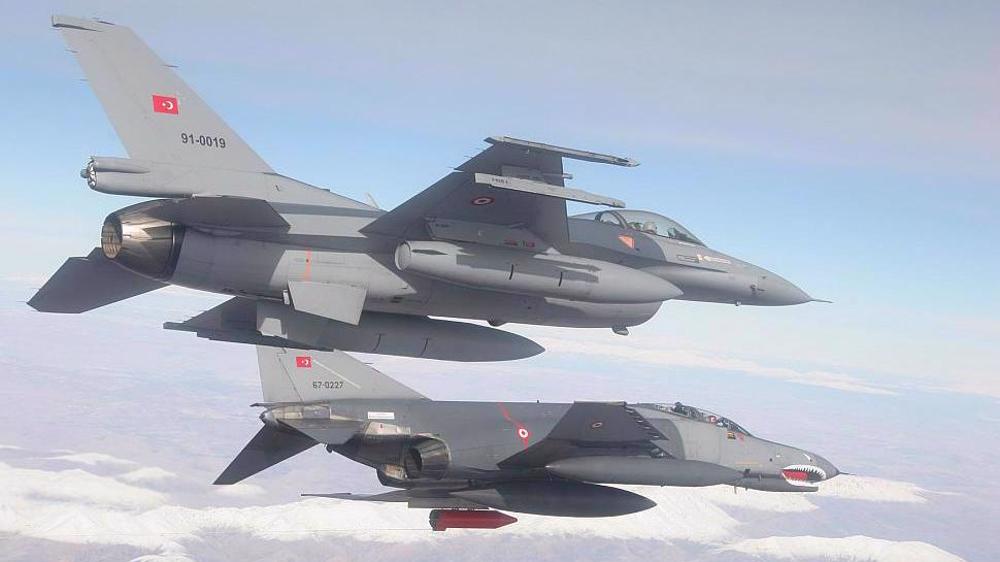




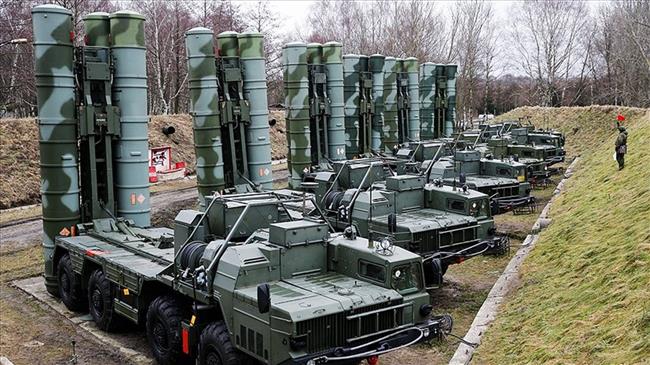
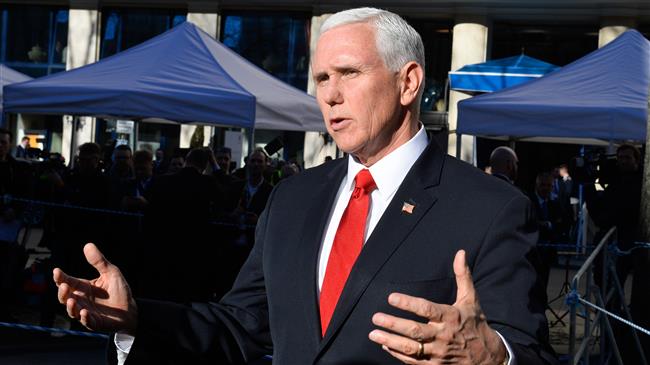

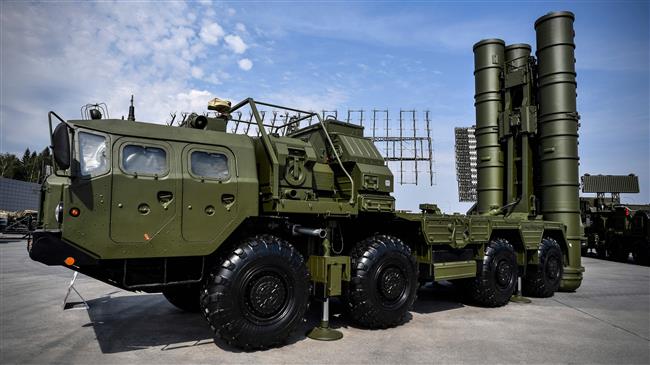
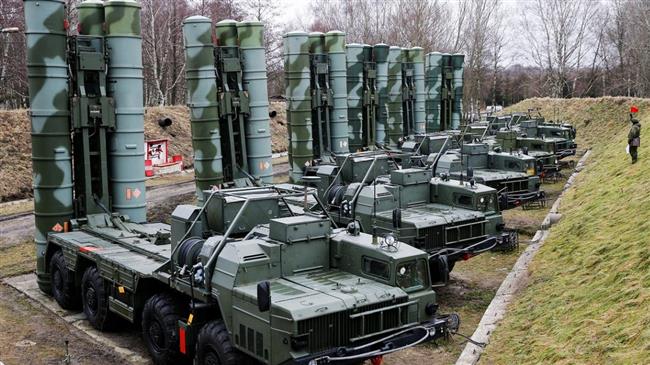
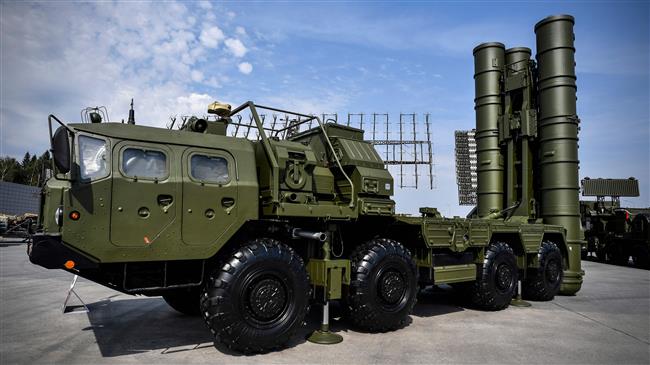

 This makes it easy to access the Press TV website
This makes it easy to access the Press TV website